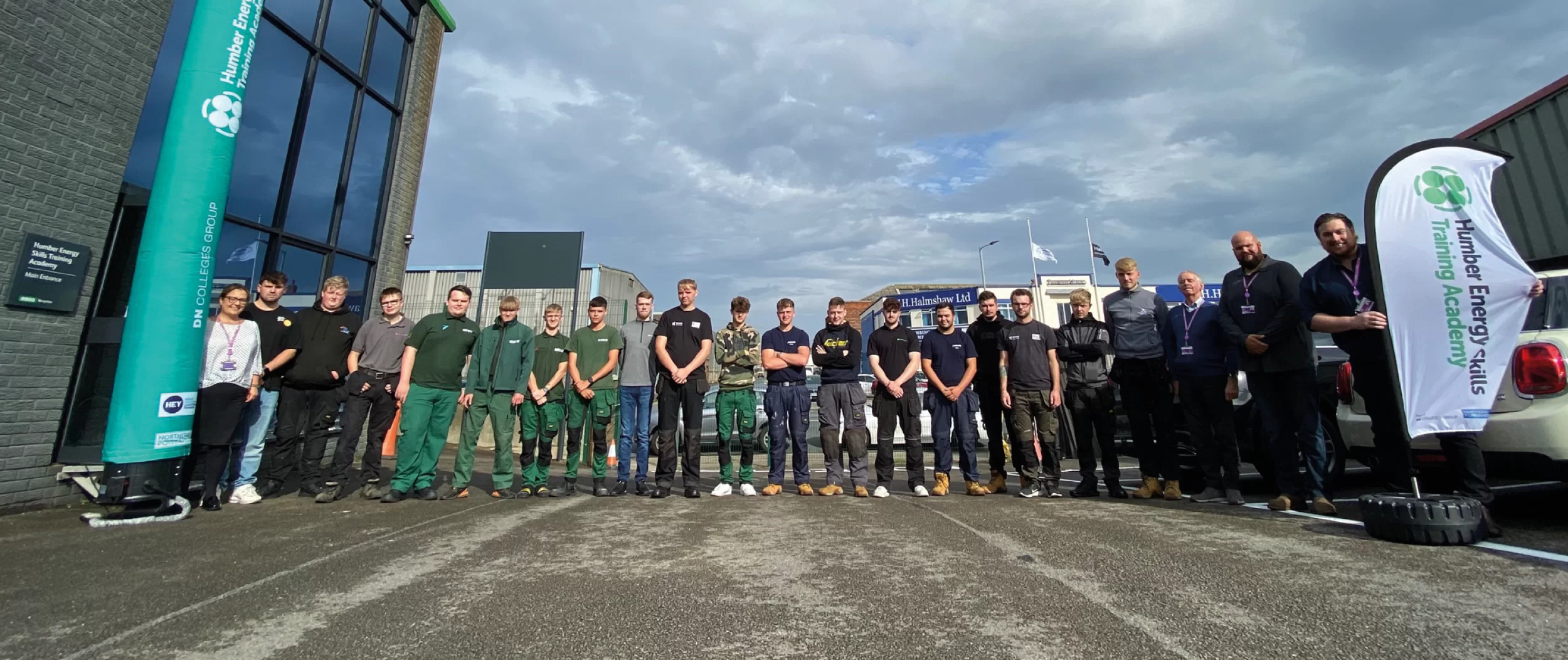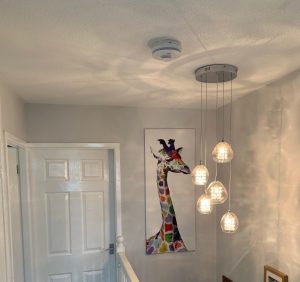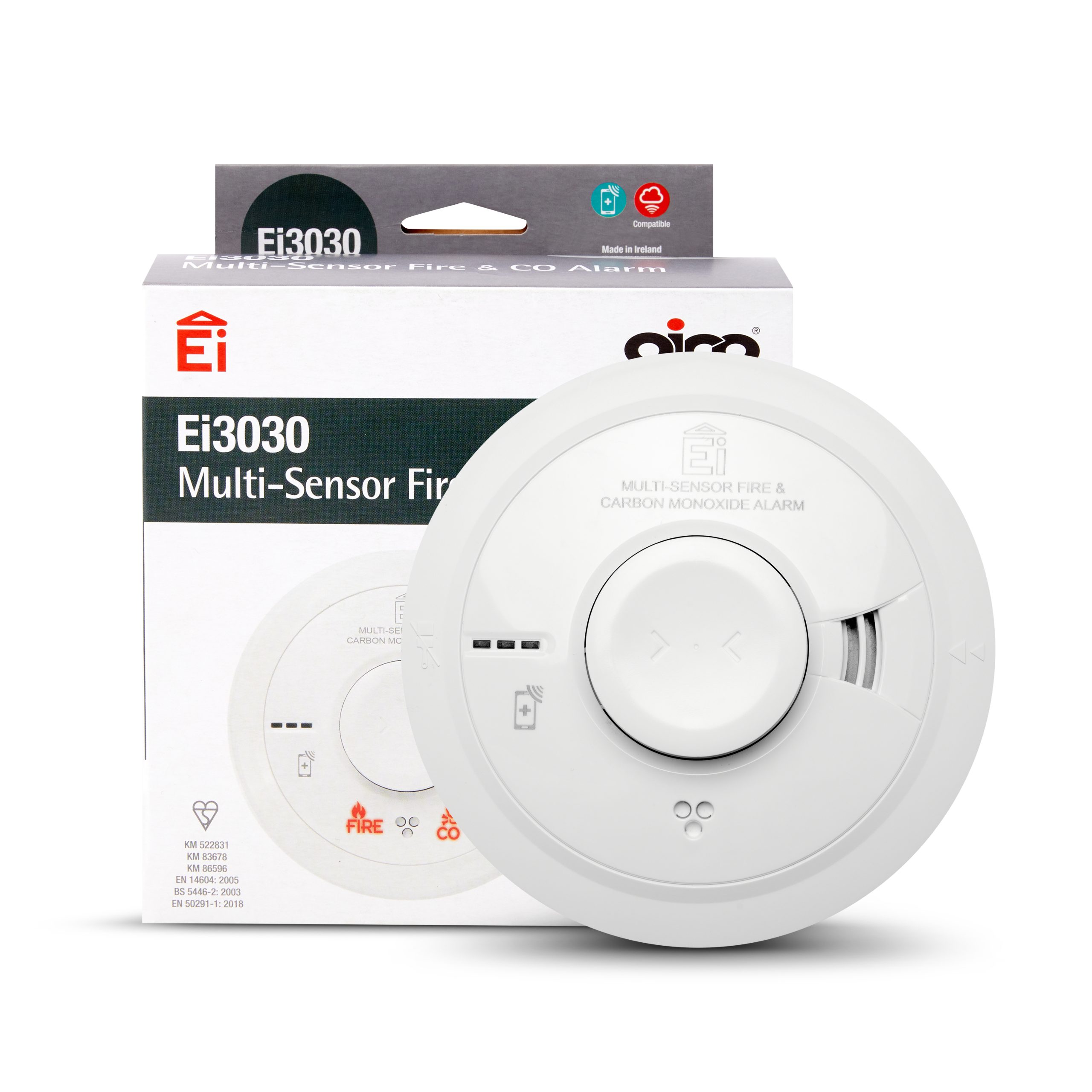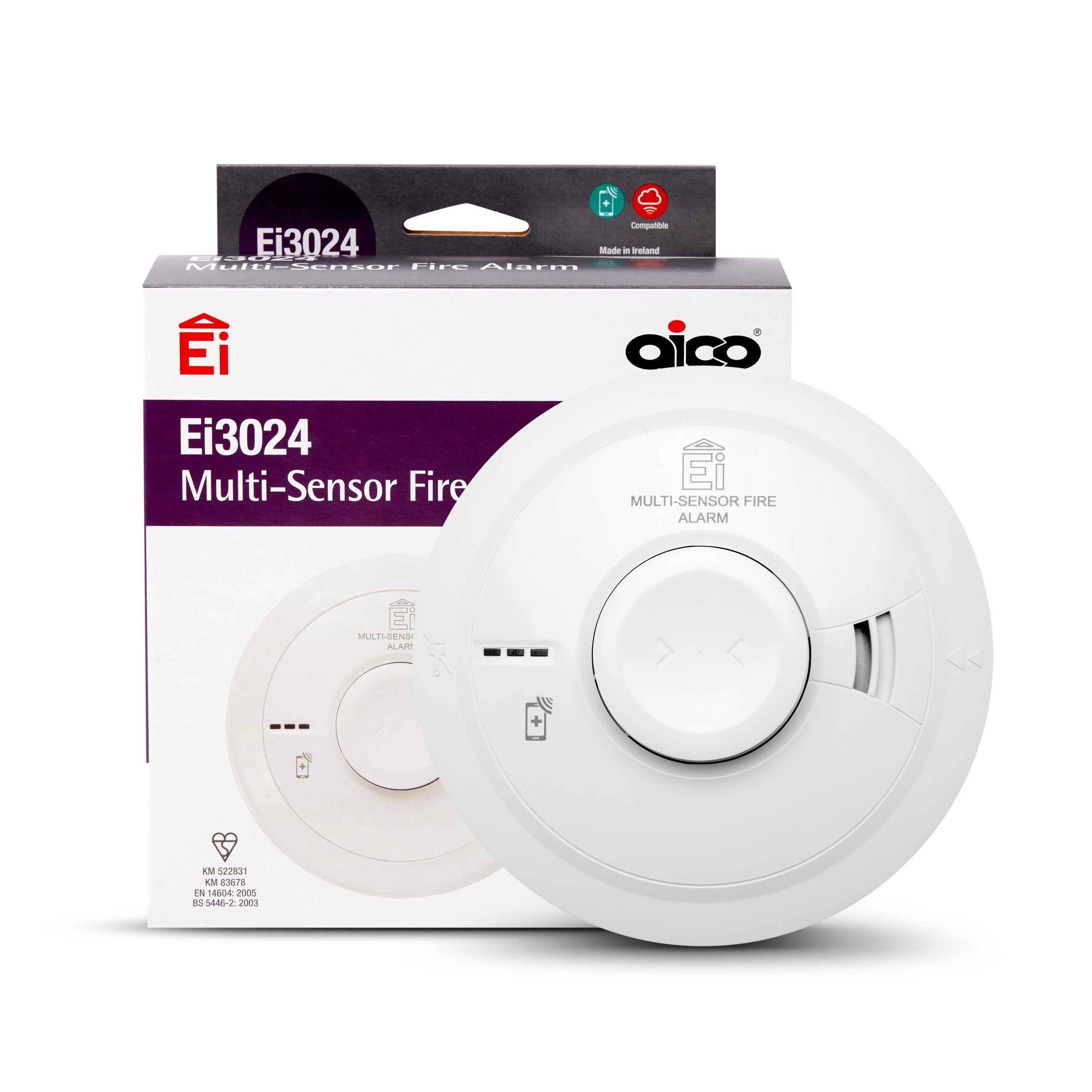Have you heard about the changes in Scotland?


Posted On:
10th April 2019
Changes to smoke alarm and fire protection legislation in Scotland have been proposed. These changes, which are anticipated to come into effect early in 2019, will extend the already high standards of protection required for Fire and Carbon Monoxide (CO).
The proposals have been developed through a consultation process which originally began in September 2017 and have involved Housing Associations, Local Authorities, Letting Agents and Fire Safety Consultants. This will be a major change, being enforceable legislation through an amendment to the Tolerable Standard.
What has been proposed?

The proposal states that all homes should have:
- One smoke alarm in every circulation space on each storey, such as hallways and landings.
- One smoke alarm installed in the room most frequently used for general daytime living purposes.
- One heat alarm installed in every kitchen.
- All alarms should be interlinked.
- Carbon monoxide detectors fitted where there is a carbon-fuelled appliance or a flue.
Will there be a requirement to link alarms?
Under the proposal, there will also be a requirement for all alarms to be interlinked. Interlinking, or interconnecting alarms, means that all alarms in the home are connected so that if one of them is triggered, they all sound. Doing this increases the likelihood of occupants hearing and being able to respond to the alarm.

Smart home technology conceptual banner. Building consists digits and connected with icons of domestic smart devices. illustration concept of System intelligent control house on blue background. IOT.
You have two options, the first is hard-wiring. This is a method that has been around for a long time and essentially this means running an interconnect cable between all of the alarms in your home. In an existing building however, this may be disruptive and costly due to pulling up floors and running extra cabling.
This is where the other option of wireless Radio Frequency (RF) interconnection comes in. Technology such as RadioLINK, RadioLINK+ and SmartLINK means that you have the option to install RF bases under your alarms or insert RF modules into the alarm heads to achieve wireless interconnection. This means less disruption during installation and it increases the speed of installation.
What type of alarm should you fit?
The proposal lists two alarm types – sealed Lithium battery alarms or mains-powered alarms with a lifespan of 10 years.
Although either of these would meet the new requirements, fire statistics for both Scotland and England show that mains powered alarms offer increased reliability over battery powered alarms, with a higher percentage operating during a fire incident.
Also, mains powered alarms with a battery back-up are a requirement under the Scottish Building Standards and British Standard, BS 5839-6:2013.
How long will you have to comply?
All homes must meet these regulations within a two-year period from the date that the regulations come in to force. This date is looking likely to be February 2019, meaning compliance would be needed by February 2021 latest. However, we do advise checking these dates as they are not finalised yet. It is also recommended that you try to comply to this as early as possible, as this will improve your Fire and CO safety as soon as the alarm system is installed.
How does the standard affect you?
For Private Landlords and Social Landlords, this standard will be added to your current standards. However, the biggest change will be for homeowners as although this will be in addition to BS 5839-6, it will be the first time in the UK that coverage will be enforced. This will be enforced by the Scottish Housing Regulator via methods such as Home Reports that are required when selling your home in Scotland. Fire safety visits can be arranged through the Scottish Fire and Rescue Service if you are unsure as to whether you are meeting these standards.
Aico welcomes this increase in Fire and CO protection across all homes in Scotland as we are committed to improving Fire and CO safety within the home. This change takes a great step towards safer homes.
Further information on the legislation can be found on the Scottish Government website – https://gov.scot/publications/fire-and-smoke-alarms-in-scottish-homes/





